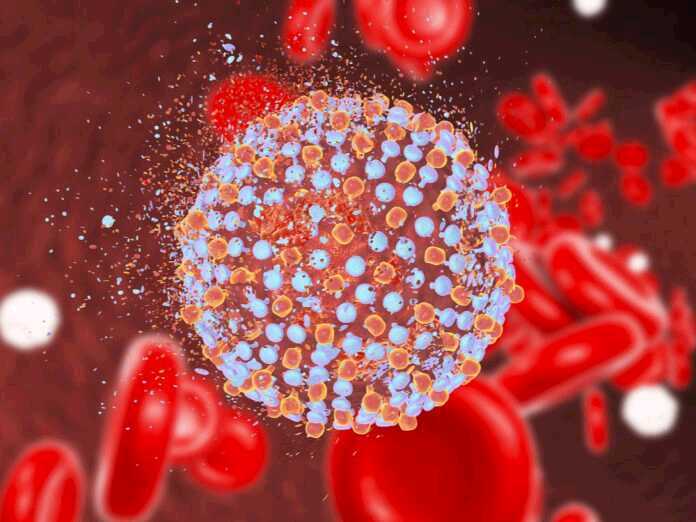
Several medications have been used to treat hepatitis C with more or less success, but recent advances in medicine have been encouraging. In fact, a new drug has been so effective against the infection that the World Health Organization (WHO) set a goal to eliminate this disease by 2030.
So, will hepatitis C be eliminated by this time?
Important Fact about Hepatitis C
Hepatitis C is spread through blood-to-blood contact, by sharing needles or razors with an infected person or through unprotected sex. The infection can stay in the liver for a long time without causing any noticeable symptoms. Only after the liver has been damaged, the infected person will start experiencing flu-like symptoms like fever, fatigue, and stomach pain.
Some people’s immune systems fight off the infection on their own, without the person even noticing the disease. In other cases, however, hepatitis C can cause serious liver damage and lead to cirrhosis or even cancer. In fact, hepatitis C is the leading cause of liver transplants and liver cancer.
Will Hepatitis C Be Eliminated by 2030?
The reason why WHO has made this bold claim is a new type of medication called direct-acting antivirals (DAAs) that are currently revolutionizing hepatitis C treatment. These drugs eliminate the infection quickly and efficiently, as taking them for only three months can completely clear the infection from the blood.
However, the drugs still have a failure rate of between 10 – 15%, so there is still room for even more improvements.
Conclusion
So, will hepatitis C be eliminated by the end of the next decade? The new advances seem encouraging and, with more research and testing, this goal looks accomplishable.





























